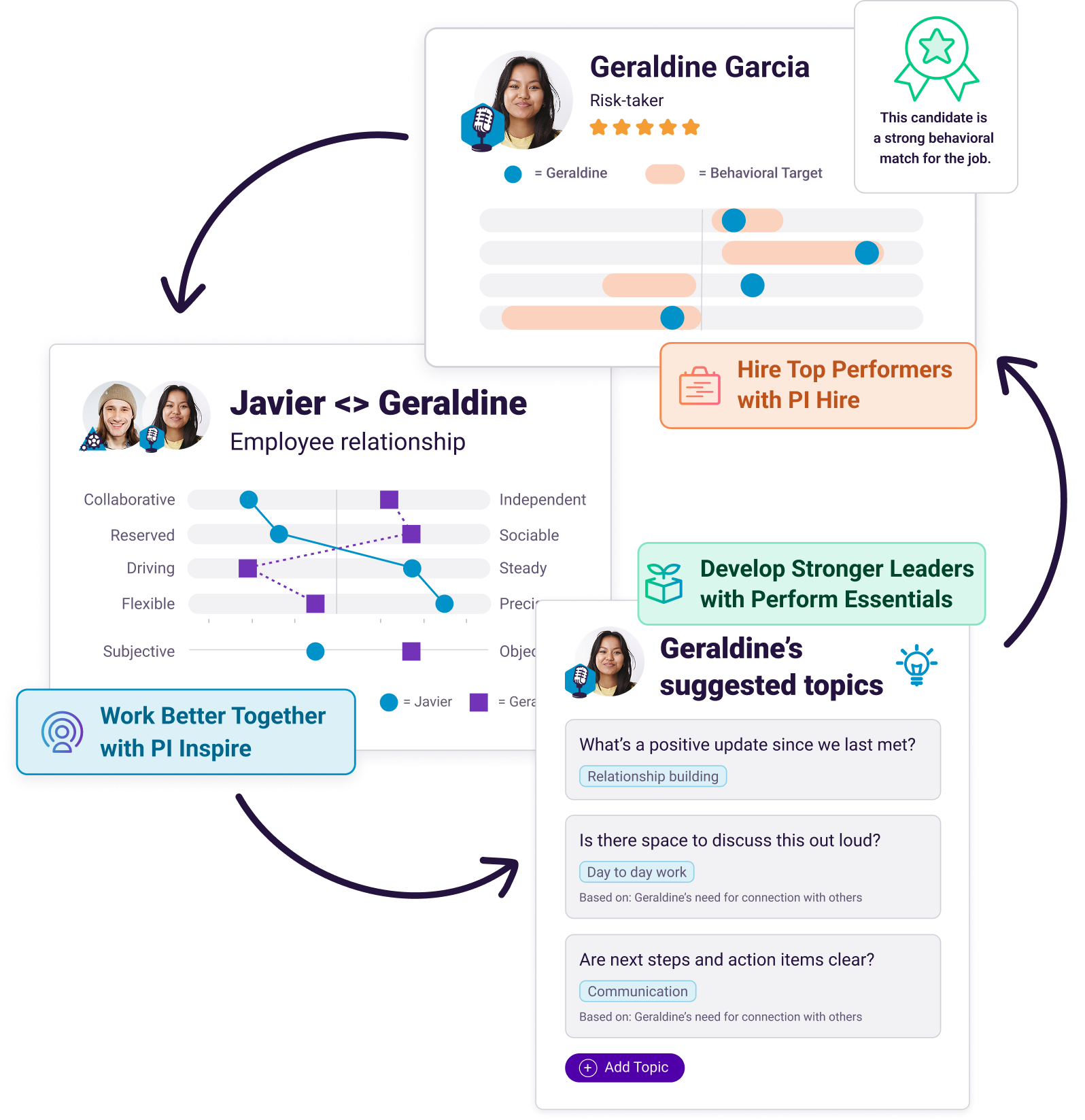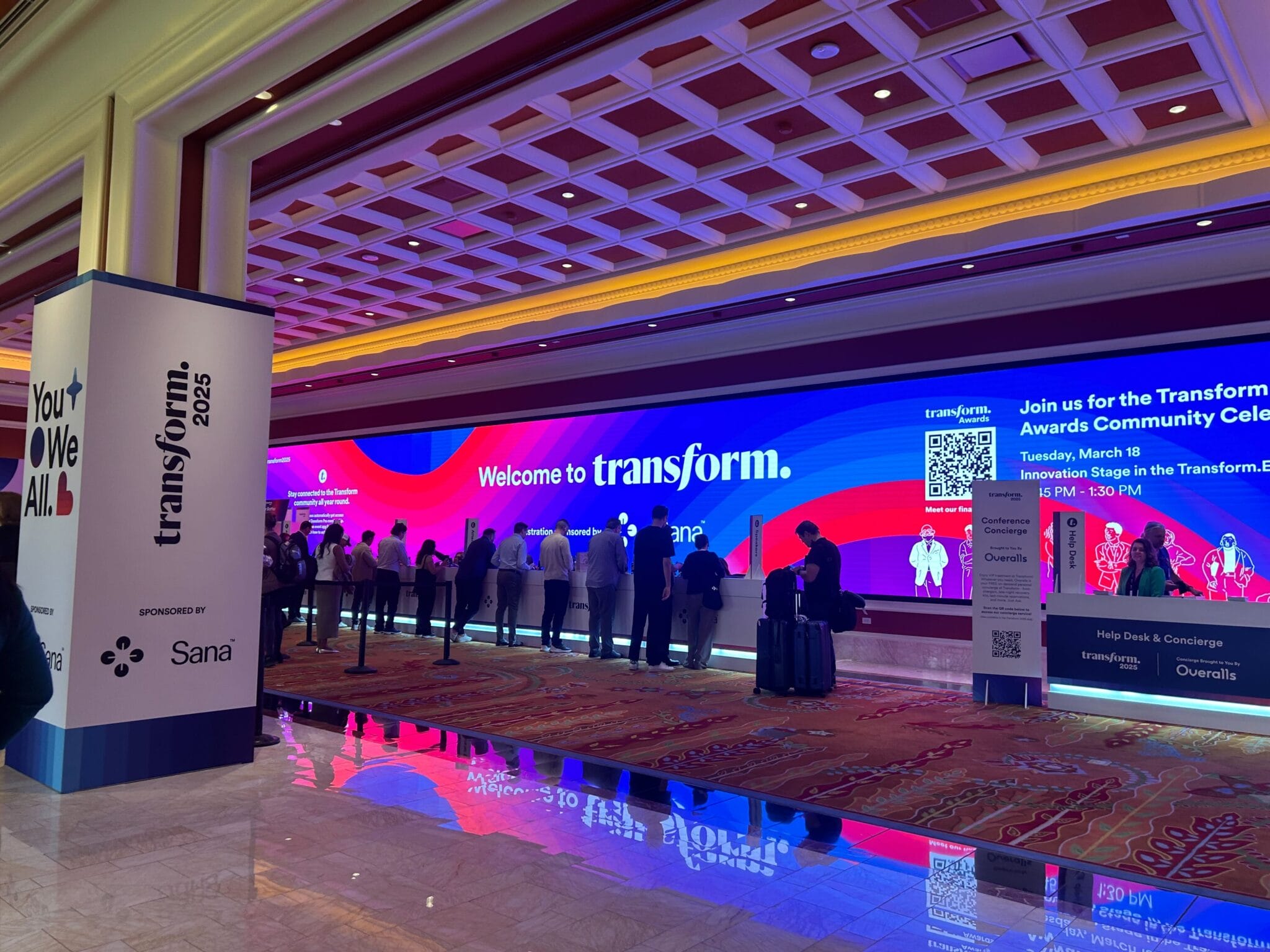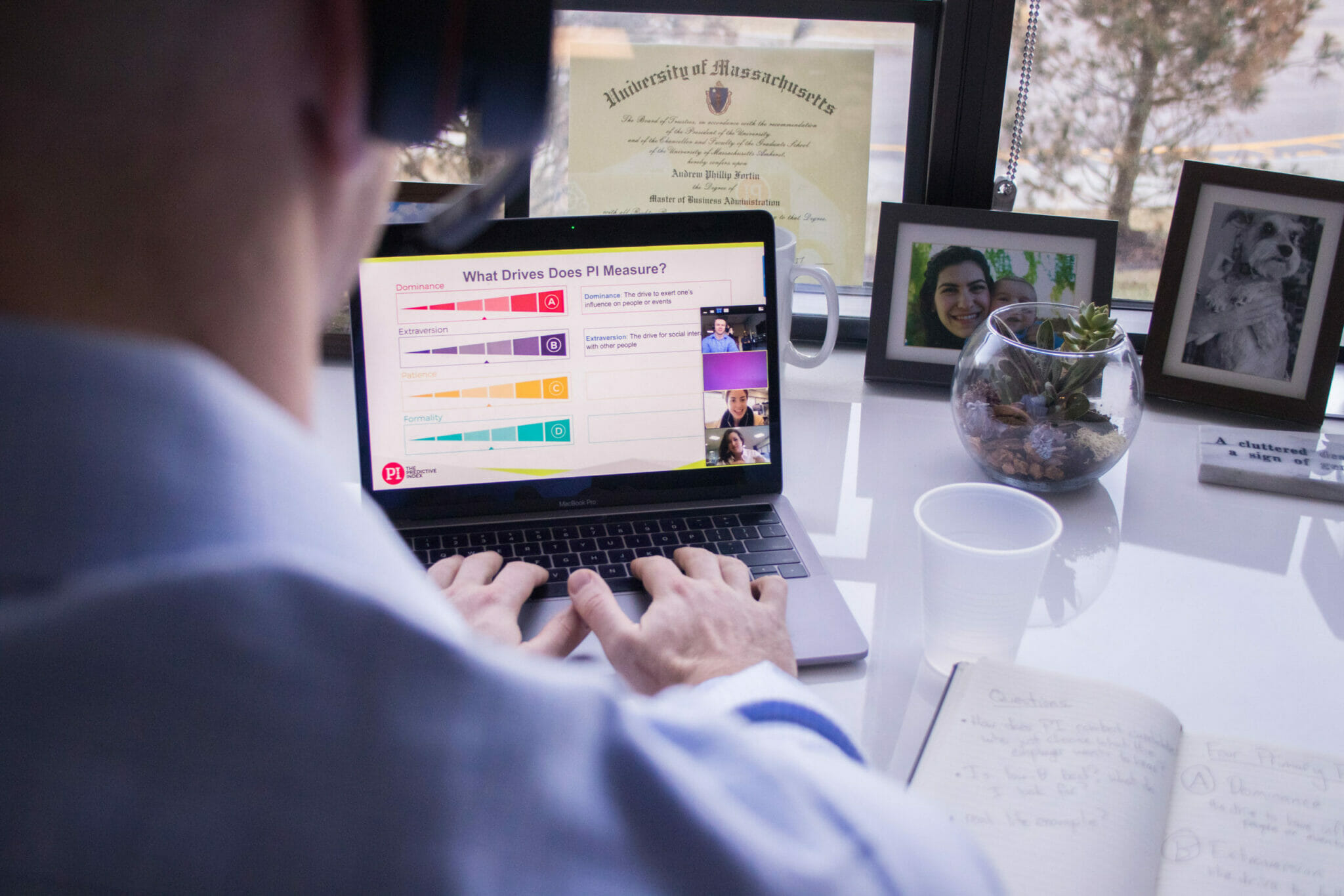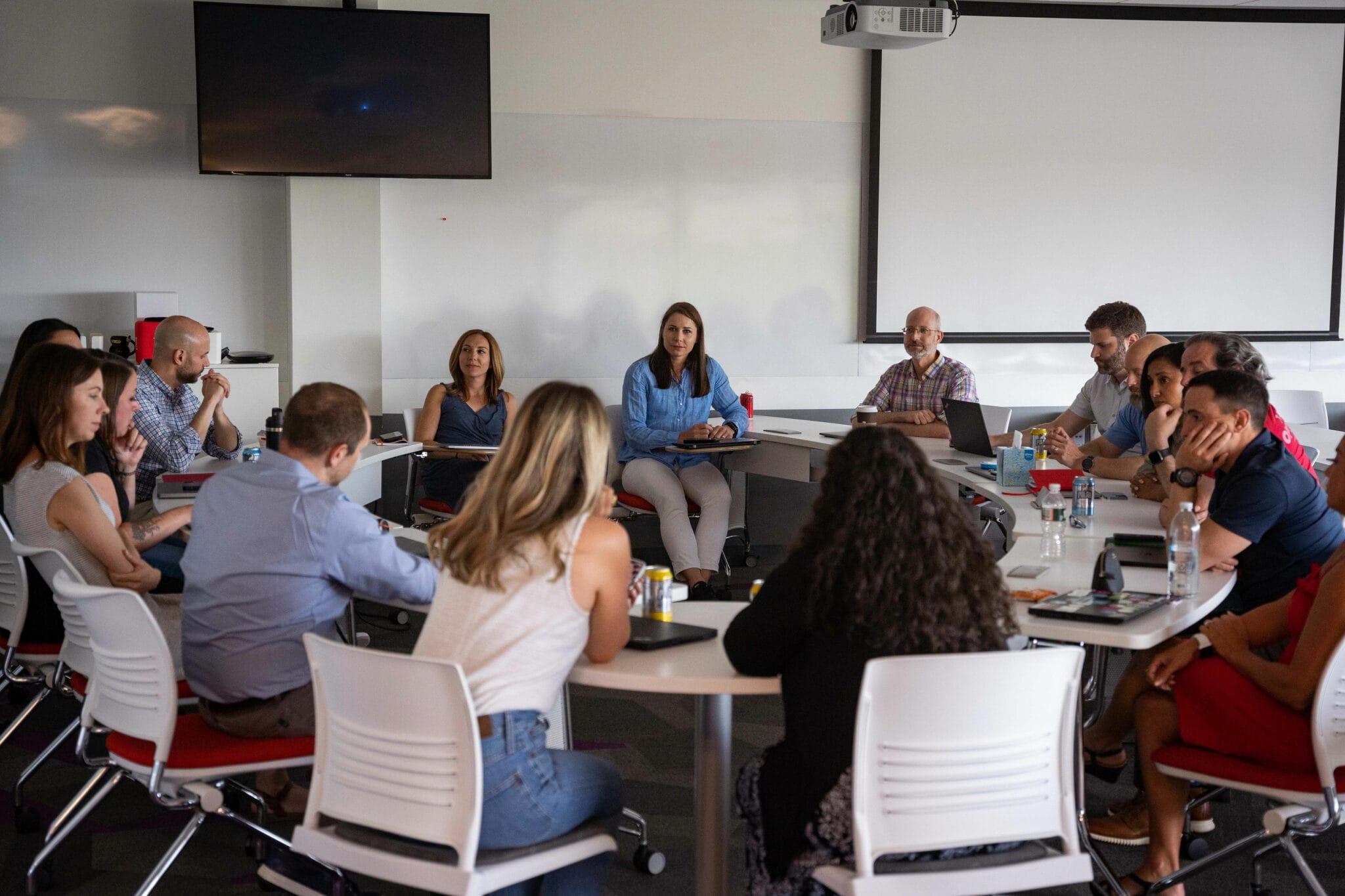When Jim Koch, the godfather of microbrewing and creator of Boston Beer Company, launched his iconic brand, who do you think his first hire was?
Was it a salesperson who could get his beer in stores across America?
Was it an operations manager who could help him grow his enterprise to its current state of over 1,000 employees?
No, the first hire at The Boston Beer Company was Rhonda—an ambitious, motivated 23-year-old with no experience running a business and no college degree.
If that sounds like an odd first hire to you, keep reading.
Why Rhonda?
When our CEO, Mike Zani, recently sat down with Jim, he was curious: Why Rhonda?
Jim stated, “Nobody tells you that, in business, it’s all about people. The quality of your business is based on the quality of your people.”
With that in mind, Jim went on a quest to find the best partner with whom to start a business. He was looking for someone who could balance him out, offer additional skills he’d need to make the company successful, and weather the ups and downs of start-up life with him.
As a former consultant for The Boston Consulting Group, one would think Jim would be looking for another former consultant to fill the spot. But as Jim shared, “You’re not just hiring for experience, education, and a resume. You’re hiring for values, motivations, and capabilities. Those are harder to assess than looking at a resume.”
The head, the heart, and the briefcase
A resume alone is insufficient to make the right hire. Instead, consider the whole person.
We refer to this as looking at their head, heart, and briefcase:
- Head: behavioral drives and cognitive ability
- Heart: values, passions, interests, and shared beliefs
- Briefcase: education, knowledge, skills, experience
Why Jim chose Rhonda
As Jim was searching for his business partner, his thoughts went to Rhonda—an executive assistant at BCG by day and a bartender by night.
“She was young,” Jim said, “But she was smart, energetic, great with people, motivated, and driven. Those aren’t qualities you find on a resume, but they were just what I needed.”
Rhonda went on to become a co-founder of the Boston Beer Company, spending 25 years helping it to grow into the massive brand we know and love—a brand that brought in over $995M in 2018.
Sacrificing on experience
What we love about this story is how Jim prioritized what he was looking for. While candidates would ideally be behaviorally suited for a role, have values that align with the organization’s values, and the experience to boot, that’s not always readily available in today’s job market.
The good news is the research tells us there are three factors that best predict a candidate’s success in a given role: behavioral fit, cognitive fit, and structured interviews. Experience alone doesn’t account for much—and as long as the skills aren’t needed on day one, you can always train for them.
Where is Rhonda today?
In 2009, Rhonda left the Boston Beer Company to open her own business—the Boston Harbor Distillery. Jim Koch is one of her biggest fans.
Join 10,000 companies solving the most complex people problems with PI.
Hire the right people, inspire their best work, design dream teams, and sustain engagement for the long haul.








